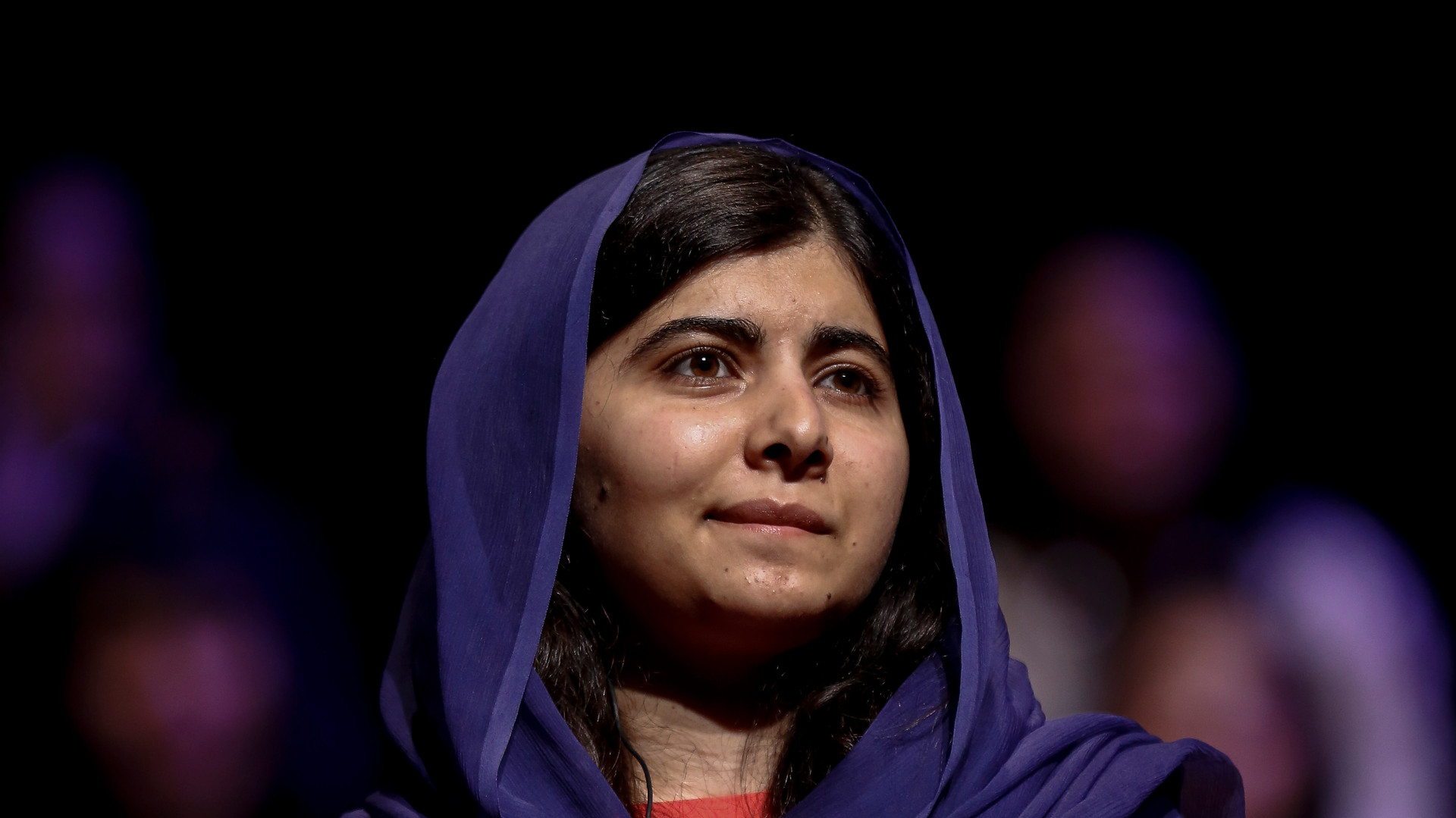“I am only one, but I am one. I cannot do everything, but I can do something. And I will not let what I cannot do interfere with what I can do”
Edward Everett Hale
For many, this is an era of hopelessness. Vicious wars continue unabated in Yemen, Syria, Ethiopia, Congo, and other places around the globe.
Americans who witnessed the attempted coup by Donald Trump on January 6th were shocked that this could happen in what has always been billed as the world’s greatest democracy.
Around the world, people are reeling from the impact of COVID-19 as it wreaks havoc with whole economies and takes millions of lives.
Strong and effective leaders are rare. I can think of two leaders who are head and shoulders above the rest: Jacinda Ardern of New Zealand (too small to exert any global leadership) and Angela Merkel of Germany who will leave office later this year. Few if any other world leaders inspire much confidence or fill people with hope.
Seeking leaders to guide us has always been an option. But becoming a leader on our own is to follow the teaching of Mahatma Gandhi when he said that we should be the change we want to see in the world. And this requires neither wealth nor higher education.
It requires inner strength and conviction.
Three very young leaders stand out in this regard: Amanda Gorman, Greta Thunberg, and Malala Yusufzai.
Each started out as individuals who concluded that they could make their mark and rose to the occasion.
Thunberg started alone at the age of fifteen in Sweden, protesting environmental degradation. Within the year she had built a base of millions of followers worldwide and brought her message to international audiences and world leaders.
Malala was a victim of an assassination attempt in her native Pakistan who became a voice for the rights of all young girls for education and freedom of oppression. She soon became the youngest Nobel laureate and continues with her crusade.
At twenty-two years of age, Gorman stunned global audiences with her reading of her poem The Hill We Climb at President Joe Biden´s inauguration and, subsequently, participated in the half-time show at the Superbowl. Her art and activism focus on issues of oppression, feminism, race, and marginalization.
These are three out of many in communities small and large who are making a difference. Younger or older, these are people who aren´t waiting for someone to come along to save them and their world but, rather, are defining the world that they want and going for it.
This is part of the answer to the feelings of hopelessness that tens of millions of people around the world share.
The other part comes from each one of us seeking to make a difference however large or small as our abilities permit.
Technology is a vital tool for local efforts to be magnified for global audiences.
Social media is the great leveler through which ideas and best practices can be shared.
We live in a unique time of great crises – defined by the Chinese character for the word which defines it as both a threat and an opportunity.
We are surrounded by threats, but we can create and nurture opportunities to mitigate the effects of dangers.
The choice between despair and hope is a personal one.
If we all decide to choose hope and action over despair we can each become the change we want to see in the world and make a contribution.
But it is up to each of us to decide wisely.
Edición: Elsa Torres
Cápsula del tiempo gastronómica que viajó desde mesoamerica hasta el vendedor de la esquina
Juan Salvador R. Sánchez
Aceptar la imperfecta, pero valiosa, condición humana
Lourdes Álvarez
